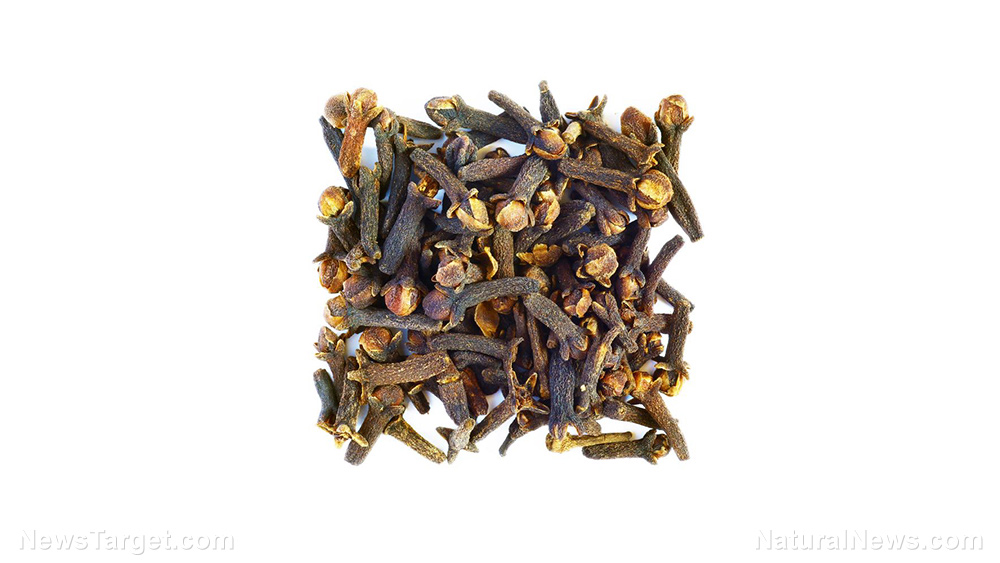Study: Coffee does stimulate bowel movements, but not because of caffeine
12/19/2019 / By Zoey Sky

Coffee is part of almost every person’s morning routine. This beloved beverage boosts your energy and helps you focus when it’s crunch time at school or work and it makes mornings just a bit more bearable for night owls.
But have you ever wondered why drinking coffee sometimes makes you want to go?
According to a study, coffee can be used as a natural remedy for patients suffering from constipation after undergoing surgery. However, it’s not caffeine that stimulates bowel movements. The findings were published in the journal Gastroenterology.
How does coffee affect bowel movement?
Earlier studies have suggested that the caffeine in coffee promotes bowel movements.
However, data from the Gastroenterology study, which was presented at the 2019 Digestive Disease Week, revealed that coffee stimulates bowel movements due to changes in the gut flora (gut microbiome) and increased movement of the intestines.
For the study, scientists fed rats caffeinated coffee and decaffeinated coffee for three days.
Throughout the study period, the researchers noted that the small intestines of the rodents showed improvements in contractions regardless of the caffeine content of the coffee consumed. They posited that the gut microbiome may also play a role in the coffee-stimulated contractions.
To determine how coffee was affecting bacteria in the gut of the subjects, scientists mixed rat feces and coffee in a petri dish. They found that combining the two decreased the number of bacteria. Moreover, the higher the amount of coffee in the petri dish (regardless of whether or not the beverage was caffeinated), the fewer microbes were present. After the three-day study, the researchers reported that the bacteria in the fecal matter had decreased.
Further study is required to establish if coffee itself can get rid of good or bad bacteria. But while research is ongoing on coffee’s effects on bowel movement, this study suggests that coffee stimulates bowel movement due to changes in a person’s gut flora. (Related: 10 Reasons to drink coffee every day.)
Tips for preventing constipation
Health experts say that it is ideal to have at least three bowel movements daily. They also recommend consuming nutritious food and drinks that stimulate bowel movements.
Dr. Vincent Pedre, an integrative gut health specialist, explains that if you have fewer bowel movements or are experiencing pain while trying to relieve yourself, you may be constipated. If you can handle caffeine, Pedre suggests drinking a cup of coffee to stimulate your bowels.
On the other hand, having more than three bowel movements in a day may be a sign of diarrhea or a severe health condition.
If you’re feeling constipated, follow the tips below to promote healthy bowel movements.
Stay hydrated.
Drinking water every day helps make your bowel movements easier to pass.
Gradually add fiber-rich foods to your diet.
If you’re not used to consuming too much fiber, do so gradually. If you have diarrhea, eating a lot of fiber-rich veggies all at once may cause constipation.
The best thing to do is to add a serving every five days to your diet. Doing this gives your digestive tract time get used to the increase in dietary fiber.
Eat lots of fruits, grains, nuts and vegetables.
Some superfoods are full of dietary fiber that adds bulk to your stool, which stimulates the bowels to move and propel your stool forward.
Here are fiber-rich superfoods that should be part of a healthy diet.
- Fruits like apple, raspberries and strawberries.
- Nuts and seeds like almonds, pistachios and sunflower seeds.
- Vegetables like broccoli, carrots and lima beans.
When incorporating new foods or drinks into your diet, monitor how your body responds to these changes. Drink a cup of coffee or eat more fruits and veggies to promote healthy bowel movements, but don’t overdo it as that could cause conditions like constipation or diarrhea.
Sources include:
Tagged Under: bowel movements, caffeine, coffee, constipation, digestion, digestive health, functional food, gut health, microbiome, research
RECENT NEWS & ARTICLES
FoodIsMedicine.com is a fact-based public education website published by Food Is Medicine Features, LLC.
All content copyright © 2018 by Food Is Medicine Features, LLC.
Contact Us with Tips or Corrections
All trademarks, registered trademarks and servicemarks mentioned on this site are the property of their respective owners.




















